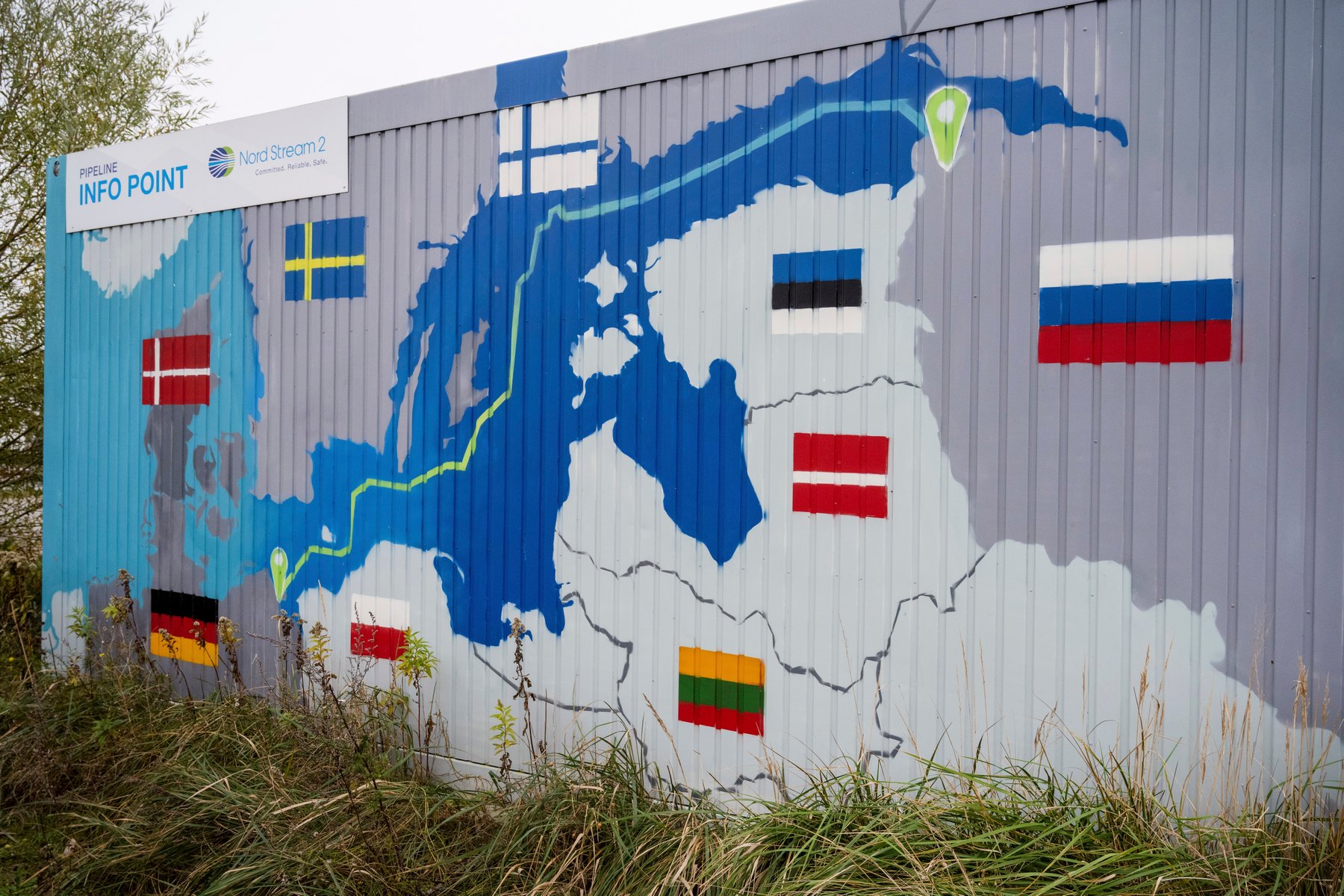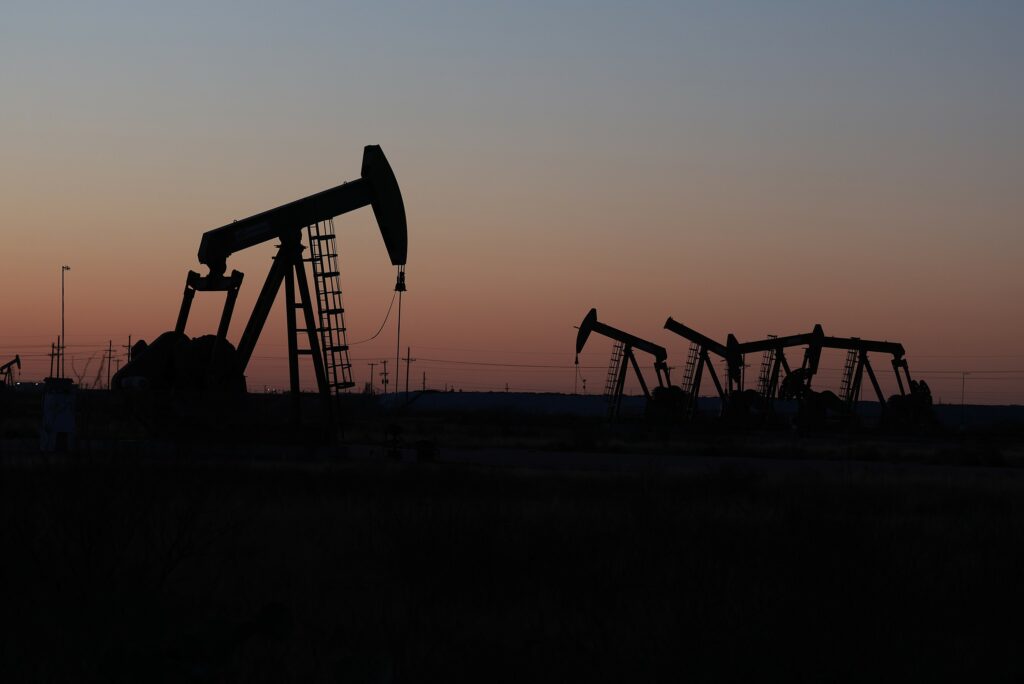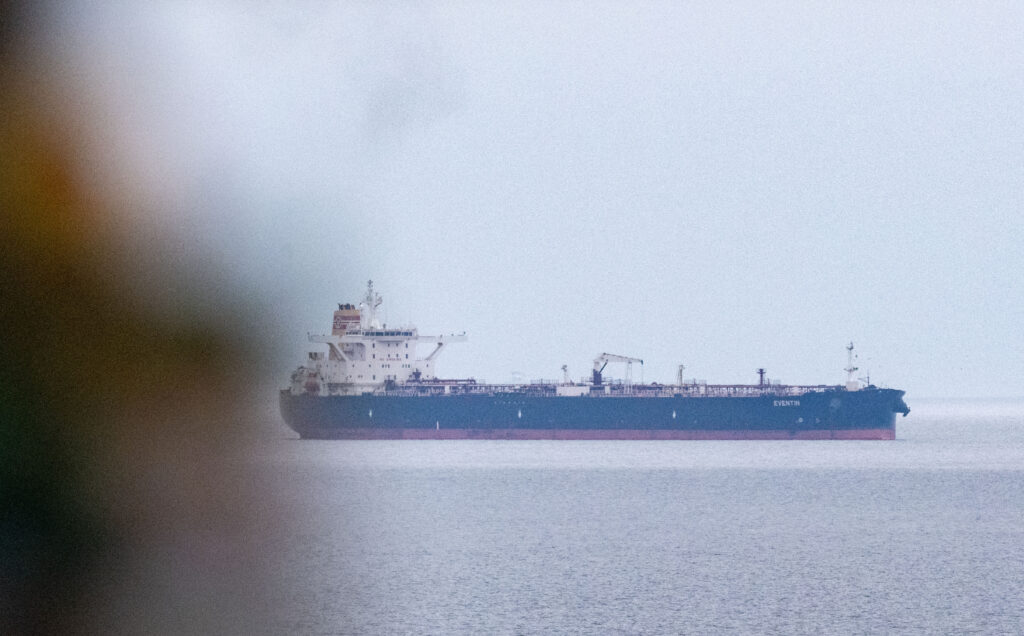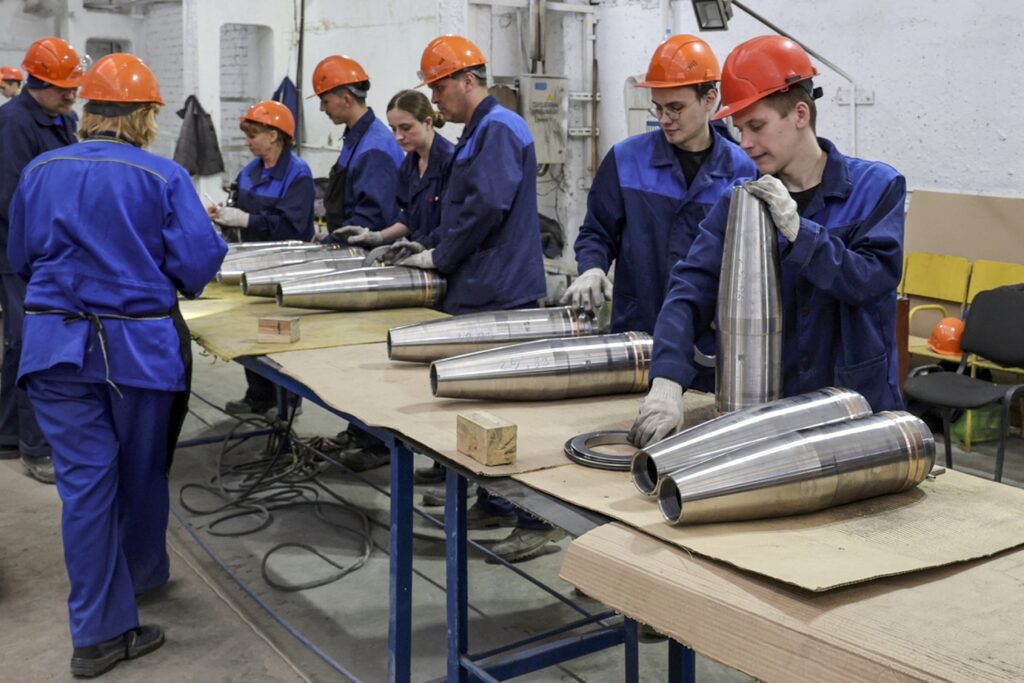On 22 February German Chancellor Olaf Scholz suspended Gazprom’s Nord Stream 2 pipeline project. Scholz’s move is effectively a death knell for the pipeline — the head of Germany’s government has finally acknowledged the project is political, something his predecessor had long refused. The impact of the move on European gas markets, German politics, Russia-German relations, trans-Atlantic cooperation and on Gazprom and its gullible European partner firms will be far-reaching.
How the pipeline got built
Nord Stream 2 was announced in June 2015, with the backing of Germany’s E. ON and Austria’s ÖMV. Barely a year after Russia annexed Crimea, the pipeline nevertheless had broad backing in Germany’s political class. The pipeline was in fact first envisaged well before that crisis, having been discussed almost immediately after the launch of the first Nord Stream pipeline in 2011. Then-Chancellor Angela Merkel saw economic cooperation with Russia as a potential balm to alleviate the cleavage between the West and Russia that emerged following President Vladimir Putin’s initial invasion of Ukraine.
Merkel was joined in this belief by the Social Democratic Party (SPD), which had joined Merkel’s Christian Democrats (CDU) as the junior party in a so-called ‘grand coalition’ two years prior. The SPD had last been in government in 2005, under the leadership of Merkel’s predecessor Gerhard Schröder. Both German leaders strongly believed in Russian-German economic cooperation, a legacy of the Ostpolitik launched in the early 1970’s by Willy Brandt and which already saw the use of gas pipelines to bring Berlin and the Soviet Union closer together under Brandt’s successor Helmut Schmidt.
While there was some opposition to the move within Merkel’s CDU, most notably from influential Bundestag member Norbert Röttgen, who ran to succeed Merkel atop the party, Scholz’s SPD remained broadly supportive. This is encapsulated by how Schröder was then appointed to the boards of Rosneft and later Gazprom. Further illustrative support came through the actions of the SPD’s Erwin Sellering, Minister President (equivalent to Governor) of the state of Mecklenburg-Vorpommern, where the pipeline reaches Germany.
As Reuters reported earlier this month, Sellering helped set up a German ‘foundation’ specifically designed to evade US sanctions on Nord Stream 2, as EU government entities were excluded from the latest US bill sanctioning the project.
But such a major project cannot be built on the goodwill of amenable politicos alone. Gazprom also worked hand-in-glove with a consortium of European energy firms, the ultimate buyers of the gas Russia aimed to pump via the Baltic Sea route rather than Ukraine. Austria’s ÖMV was joined by France’s Engie, Dutch-British multinational Shell, and Germany’s Wintershall and Uniper (which was spun out of E. ON in 2018). The firms initially planned to be equity partners in the pipeline but after Poland’s anti-trust regulator intervened in 2017, the five instead agreed to each loan € 950 million of the pipeline’s cost. The remaining € 4.75 billion was financed by Gazprom.
Scholz’s action
Formally, Scholz has suspended approval of the pipeline. But the move will serve as the project’s death knell for three reasons.
Firstly, Scholz’s statement finally acknowledged a reality that previous German governments blithely ignored: that the project is political. Scholz described the action as a ‘clear signal to Moscow, ‘ citing that Putin’s action to formally move troops into the proxy Luhansk and Donetsk People’s Republics (LNR and DNR, respectively) resulted in a «fundamentally changed situation» that required a new evaluation of the project.
Scholz was himself Finance Minister in Merkel’s last government and had himself downplayed concerns about the pipeline. Combined with his SPD pedigree, to see him stop the pipeline’s progress may appear surprising but it is also due to this legacy that he will have the credibility to see it through. Much like the adage that ‘only Nixon could go to China,’ due to his hawkish anti-Communist stance over the precedent decades providing ample cover, that Scholz is the one taking such action makes it more credible.
Secondly, Scholz is doing so in conjunction with his own coalition partners, the Greens and the Free Democrats (FDP). The Greens have in particular carved out an anti-Nord Stream 2 position and their co-leader, Annalena Baerbock, took a harder line on the issue than Scholz in the early days of their government, where she serves as Foreign Minister, prompting its first major internal spat. The liberal FDP, usually seen as the ‘party of business’, has been less outspoken on the issue. Yet its 2021 election manifesto called for a moratorium on its construction over the treatment of Russian opposition figure Alexei Navalny and its human rights record. Scholz’s action thus brings his new coalition closer together, reversing it — unless there came a presently unforeseeable reversal in Putin’s invasion plans — would threaten coalition cohesion.
Finally, Scholz’s action at the outset of Russia’s renewed invasion also underpins the extent to which his government and the Biden Administration have formed an effective working partnership. Europe and the US are pursuing sovereign debt sanctions on Moscow cooperatively as well; US President Joe Biden will be grateful for Scholz’s step pre-empting Congress, which had threatened to override Biden’s own waivers on the last sanctions bill. Biden too has now withdrawn these waivers. Reversing the move would threaten a significant backlash from Washington.
The costs
Both Scholz and Biden noted in their 22 February statements that sanctions on Russia would likely have economic costs for their own countries. Russia also is actively seeking to impose costs as well.
In an unveiled threat, Putin’s former placeholder president and prime minister, Dmitri Medvedev, now deputy head of the Security Council, took to Twitter to warn that Europe should prepare to pay US$ 2,000 per thousand cubic meters of gas (Gazprom’s contracts with Russian allies tend to be in the US$ 120-US$ 160 per thousand cubic meter range). Natural gas has only ever traded on the spot market at that price once before, this past December — an action that many blamed on Moscow. Russia retains the ability to drive new pain as well, exacerbated by some potential missteps from Europe on gas policy.
Although the majority of German purchases of Russian gas supplies still come from fixed-price contracts, there has been a move against this in recent years. The EU’s formal policy is to seek market-based pricing rather than long-term fixed-prices and Russia’s use of differing price structures for various EU members and limitations on re-sales that had previously attracted the bloc’s ire. Germany’s own actions too have exacerbated issues. The split-up of E. ON, begun in 2014 and completed in 2016, has been painful and has been accompanied by a slight move away from such fixed-price contracts. The 2019 merger of German energy firms Wintershall and DEA with Russian oligarch Mikhail Fridman’s LetterOne holding a 33% stake in the combined entity means there are potential additional complications from further Western sanctions on Russia, though these will likely be limited.
Wintershall and Uniper, one of the firms that came out of the breakup of E. ON, do face questions over the future of their loans to finance Nord Stream 2. Given Medvedev’s rhetoric, it is hard to see Russia playing its cards conservatively. Importantly, the pipeline is constituted as a separate legal entity from the initial Nord Steam pipeline. If and when Russia accepts the pipeline has been cancelled for good, it is unlikely Gazprom will seek to return the loans to its European partners.
In a 23 February interview, Uniper CEO Klaus-Dieter Maubach told CNBC that he retained hope Nord Stream 2 could still be saved and that he was optimistic the suspension was «only temporary» though he acknowledged others in Berlin did not share his view. He told Reuters the firm did not yet plan to take legal action over the project’s cancellation, yet. Ultimately, however, Europe is likely to have to provide support for its gas industry and its gas buyers, at least in the short-term over the fallout.
Conclusions
Gazprom will bear the most pain, having spent US$ 4.5 billion to line the Baltic Sea floor with a useless pipe. But it is a rent-distributing enterprise first and foremost that aims to support the Kremlin’s domestic policy agenda, and its friends. The new Power of Siberia 2 pipeline that Putin and China’s Xi Jinping announced on 4 February offers plenty more such opportunities. Ironically, it is to be settled in Euros as part of the two states’ intent to move away from the US Dollar.
Meanwhile, Nord Stream 2’s cancellation will see Germany move away from Russian piped gas and towards liquefied natural gas (LNG) at an accelerated rate. Russia can be a critical supplier here too; Russian firms have invested heavily in LNG export facilities faster than Germany has thus far invested in LNG import ones. But with the US pushing such its own export of such supplies, and striking a deeper alliance with the world’s largest producer Qatar, this will likely be the next area of competition. As with Nord Stream 2, in determining who will win out it will initially be all about the price — but in the end be all about the politics.










